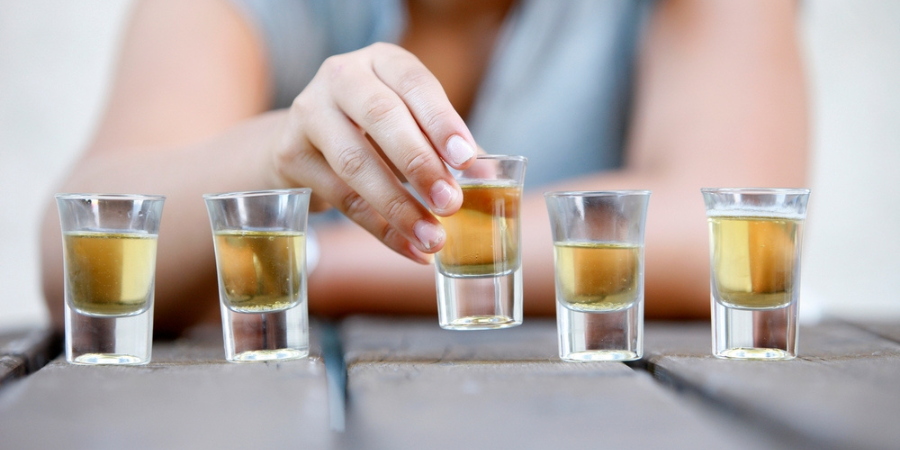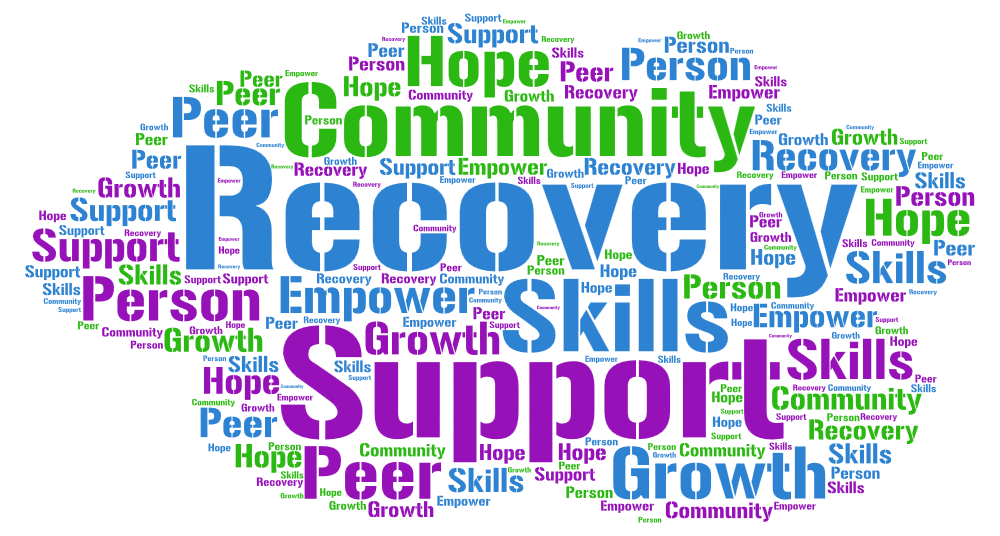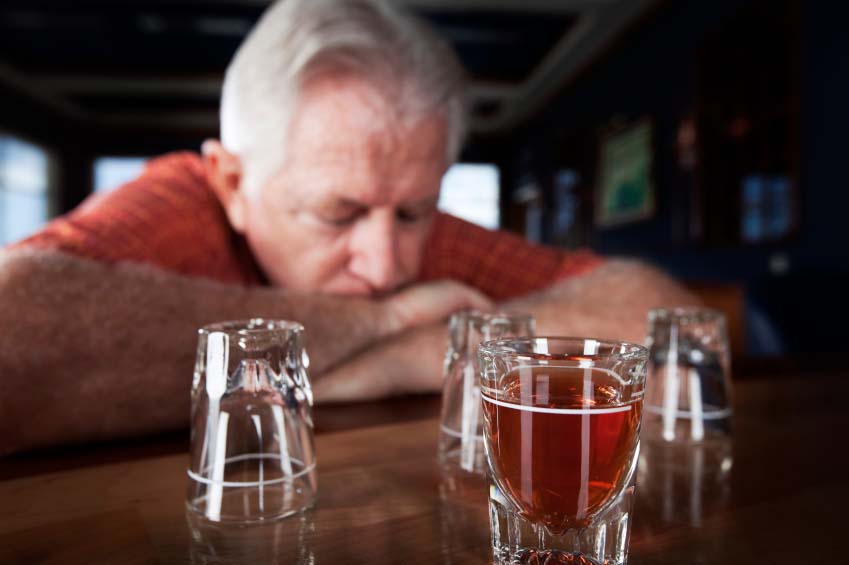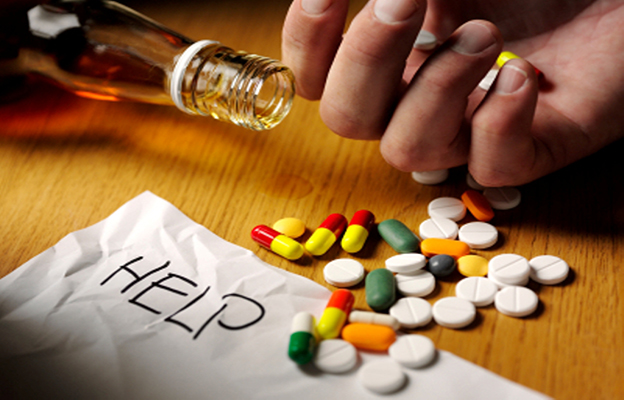
Written by:

Medically Reviewed by:
Last Updated:
January 15th, 2025
Alcohol Addiction | Signs, Symptoms and Effects
Anyone who has battled with an alcohol addiction knows that breaking free from its grips can be incredibly tough. Alcohol may have seeped its way into every corner of your life, destroyed your relationships and taken its toll on your own well-being. Not only does alcohol abuse cause physical and psychological damage, it is also the leading cause of early mortality for those ages 15 – 49 years old.
If you’re struggling with alcoholism, you may feel like there’s no hope of ever being free. Recovery Lighthouse is here to change that – our team has years of experience in helping individuals overcome their dependency on alcohol. With our support, you can regain control of your life.
Why is alcohol addictive?
To understand why alcohol addiction occurs, it’s important to recognise how alcohol affects the brain. Put simply, drinking stimulates the reward centre of our brains by causing a surge of dopamine – this is what creates the feelings of pleasure associated with consuming alcohol. With these feelings of pleasure, memory circuits are activated and a link between alcohol and a pleasant experience is formed.
Over time, the reward centre strives for increasingly powerful highs and more and more alcohol is consumed. The brain will soon begin to rely on alcohol to fuel its dopamine levels, leading to withdrawal symptoms if you go without a drink.
Frequent alcohol use has also been linked to alterations in areas of the brain responsible for impulse control and judgement. This prevents an individual from being able to control their drinking, leading to increased dependency on alcohol.
Am I addicted to alcohol?
Everyone’s relationship with alcohol is different – for most, the term ‘alcohol addiction’ brings to mind images of drinking five bottles of wine each day and passing out on the kitchen floor. While this could be true for some, alcohol addiction takes many forms:
As you can see, you do not need to be drinking every day to suffer from alcoholism. An addiction to alcohol is defined by the inability to control or stop your urges despite knowing the negative consequences it is having. You are also likely to need more and more alcohol to achieve the same effects, experience intense cravings and suffer from withdrawal symptoms if you try to quit.
Who is at risk of alcohol addiction?
Genetics play a strong role in the likelihood of developing an addiction to alcohol with research showing that alcoholism is a complex genetic condition. You are therefore more likely to develop problems with alcohol if you have immediate family who also suffer. Not only this, but it is possible that the behaviour is learned from a young age, and so environmental factors do also come into play.
Those who have suffered past trauma or mental health issues are also at risk of developing an addiction to alcohol. These individuals may drink alcohol as a way to soothe or repress negative emotions, as a way to forget their past or to try and quench the symptoms of a mental health disorder.
Even personality traits can impact the amount you drink – for example, those who are shy may drink to boost their confidence in social situations.
While these factors may influence the likelihood of alcoholism developing, the truth is that anyone can be impacted by alcohol addiction, no matter their age, gender or background.
The negative impact of alcohol addiction
Alcohol addiction can have devastating physical and mental health consequences, both in the short and long-term. Regular excessive drinking can lead to diseases ranging from liver cirrhosis to cancer, stroke or heart disease. The potential cognitive and psychological effects are no less alarming.
Short-term effects of alcohol misuse include:
- Impulsive or risky behaviour
- Slurred speech
- Loss of coordination
- Changes in perception
- Nausea and vomiting
- Headaches
- Loss of consciousness
- Loss of memory
- Risk of alcohol poisoning
- Increased risk of accidents and injury
Long-term effects of alcohol misuse include:
- Mood swings and irritability
- Insomnia
- Weakened immune system
- Difficulty concentrating and trouble with memory
- Decreased cognitive function
- High blood pressure
- Increased risk of mental health issues
- Higher likelihood of social problems, including in relationships and employment
The signs of an alcohol addiction
Drinking alcohol is a widely accepted form of celebrating, socialising and relaxing, so it can be incredibly tough to spot an alcohol addiction developing. If you suspect a loved one is straying down this path, it is important to be aware of any signs that may point to a problem.
Signs of alcohol addiction may include:
- Change in appearance – weight loss, dry skin, red or flushed face
- Yellowing eyes or skin
- Reduced hygiene standards
- Smelling of alcohol
- Secretive behaviour or attempting to conceal the amounts of alcohol consumed
- Frequent bruises or injuries that can’t be explained
- Loss of interest in previously enjoyed activities
- Problems with performance at work or school
- Frequent periods where they are uncontactable
- Asking for money or stealing money in order to buy alcohol
Approaching a loved one about alcohol addiction
Now you know the signs of alcohol addiction, how do you approach a loved one about this issue? It is very important to approach your family member when they are sober, using care and sensitivity. It is best to be clear and upfront when speaking with them, however, make sure to do so in a non-judgemental and compassionate way.
Try not to pressure your loved one into talking or getting help; they need time to process and come around to the idea of seeking help themselves. It’s important not to label or blame them for their struggles – instead offer your support and let them know that you are there for them unconditionally.
Remember that individuals suffering from alcohol addiction are in a vulnerable state, so approaching the conversation with kindness and patience is the most effective approach.
Is there treatment available for alcohol addiction?
Alcohol addiction is a serious and potentially life-threatening condition. Finding the right treatment can mean the difference between long-term sobriety and relapse. While there are many different treatment types, inpatient rehabilitation is often considered one of the best ways to address alcohol addiction.
Inpatient rehab focuses on providing an intensive, structured approach to recovery that combines evidence-based practices such as cognitive behavioural therapy and group therapy. During these programmes, you are removed from the environment that previously supported or enabled your drinking habits.
Recovery Lighthouse can change your attitude towards alcohol, provide accountability, aid in relapse prevention techniques, and build social skills needed for continuing recovery after completion of the programme.
A life without alcohol
Life can be clouded by an addiction to alcohol, hindering you from seeing your own potential and leaving you feeling anxious, lonely and full of shame. Although your journey back to clarity will be tough, those who do make the commitment to get sober benefit from an increase in self-worth, improved relationships with family and friends, enhanced overall physical health and better career opportunities. Reclaiming one’s life after addiction is never easy but it is well worth the struggle.
If you are ready to take the leap and start treatment for your alcohol addiction, get in touch with our admissions team today. Recovery Lighthouse can provide you with the tools and resources you need to leave alcohol behind.































